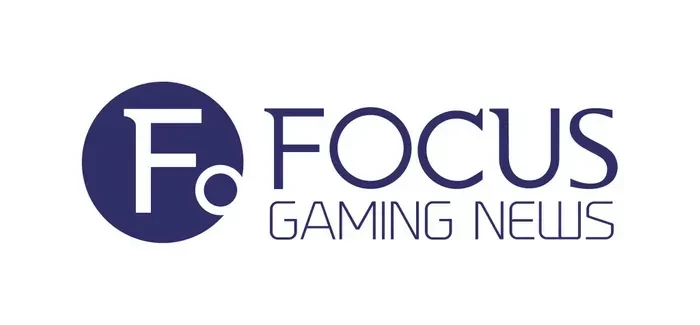
THE gambling industry seems to be giving authorities a headache.
There is a feeling that staff shortages, outdated systems and regulatory blind spots leave illegal gambling operations free to thrive.
It is believed that illegal online gambling is mushrooming across Zimbabwe and authorities appear powerless to stop it.
In a recent report presented to the Parliamentary Portfolio Committee on Defence, Home Affairs, Security Services and War Veterans Affairs, the Lotteries and Gaming Board in Zimbabwe sounded the alarm on the rapid growth of unauthorised betting platforms.
At the heart of the issue? A toxic mix of technology outpacing legislation, and a regulatory body crippled by understaffing and limited tools.
“The report attributed the rise in illegal online gambling to technological advancements, increased accessibility, and the borderless nature of online activities, which pose regulatory enforcement challenges,” a government official was recently quoted as saying.
Internal limitations, including staffing shortages, were also said to hinder efforts to shut down illegal gambling operations.
From underground sports betting hubs to flashy digital casinos operating outside the law, Zimbabwe’s gambling landscape has become a virtual wild west, per reports from Focus Gaming News.
- Mavhunga puts DeMbare into Chibuku quarterfinals
- Bulls to charge into Zimbabwe gold stocks
- Ndiraya concerned as goals dry up
- Letters: How solar power is transforming African farms
Keep Reading
And while legitimate operators undergo licensing and rigorous vetting, illegal outfits are slipping through the cracks, exploiting loopholes and flying under the radar of a regulatory system stretched far too thin.
Just as investment in the legal gambling sector is gaining momentum, with both local and foreign backers setting up shop, the illegal market is growing in parallel, unchecked and potentially dangerous.
In an effort to restore order, the board has capped the number of licensed outlets and toughened application processes, hoping to curb the saturation of gambling venues.
But with no digital infrastructure to match the agility of online operators, enforcement efforts remain sluggish and largely reactive.
Worryingly, the report also flagged the risk of gambling platforms being used for illicit financial transactions, Focus Gaming News reported.
In response, stricter monitoring protocols have been introduced to crack down on money laundering and other criminal activity.
But without boots on the ground and modern systems in place, these measures may be too little, too late.
Unless Zimbabwe invests in modern regulatory tools and addresses its internal shortfalls, the odds of shutting down these operations remain stacked against it.
The online gambling illegalities are reportedly linked to the country’s worsening economic crisis and a lack of proper regulatory tools.
At a strategy workshop of the country’s Lotteries and Gaming Board in October 2022, Home Affairs and Cultural Heritage minister Kazembe Kazembe said the current gambling act — which came into force in 2000 — was no longer fit to regulate modern day gambling behaviour.
It was said edits to the legislation would crucially include provisions for regulated online sports betting and iGaming, while prospective operators would be incentivised to incorporate their technology in Zimbabwe.
“There is a need to adapt to the ever-changing environment through deploying appropriate technologies,” said then Information minister Monica Mutsvangwa.
“Government cannot ascertain the actual levies due to it if it relies on statements provided by the operators.”






